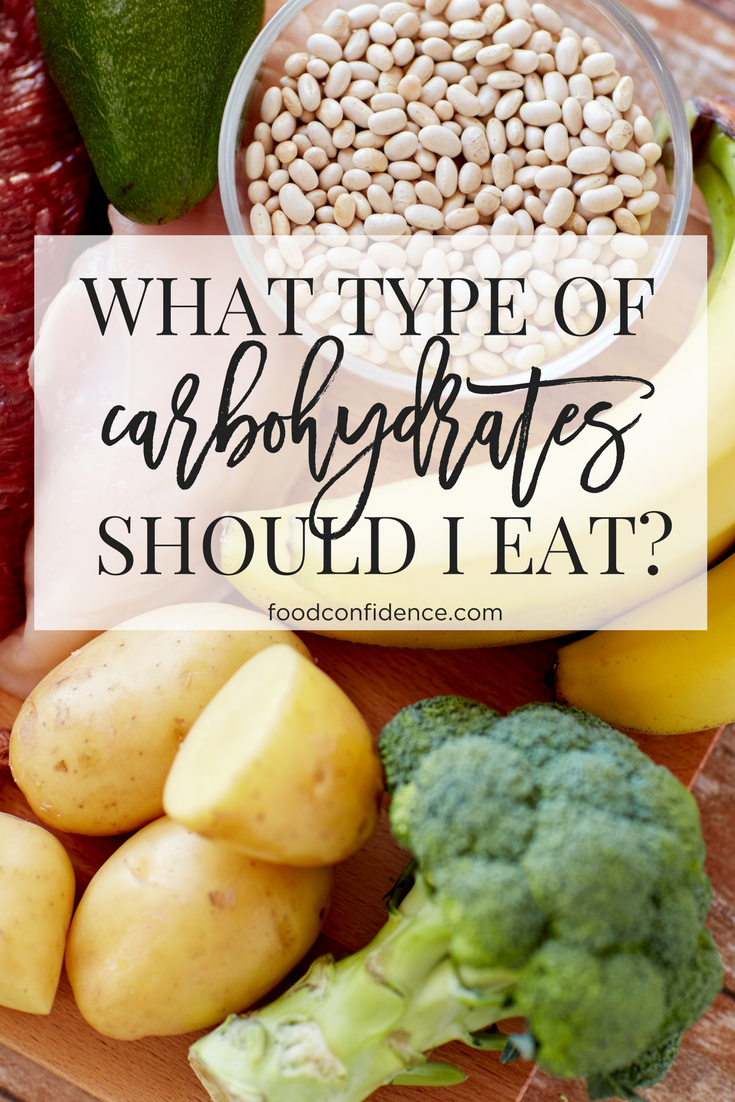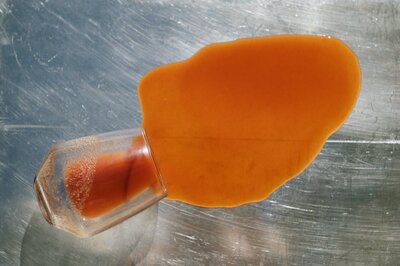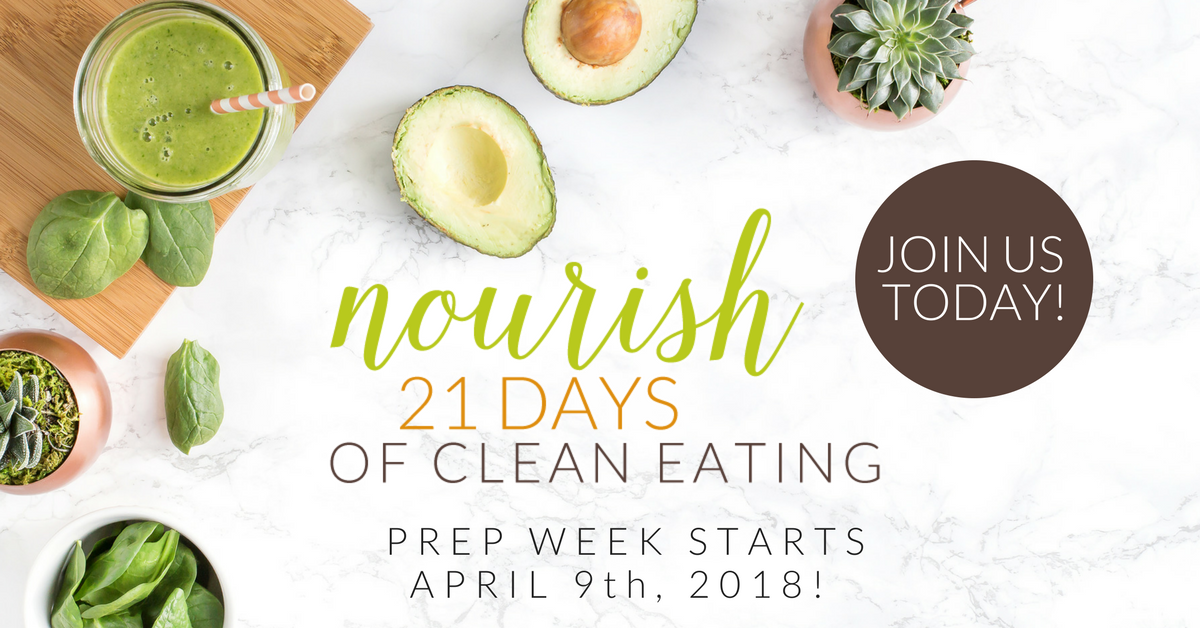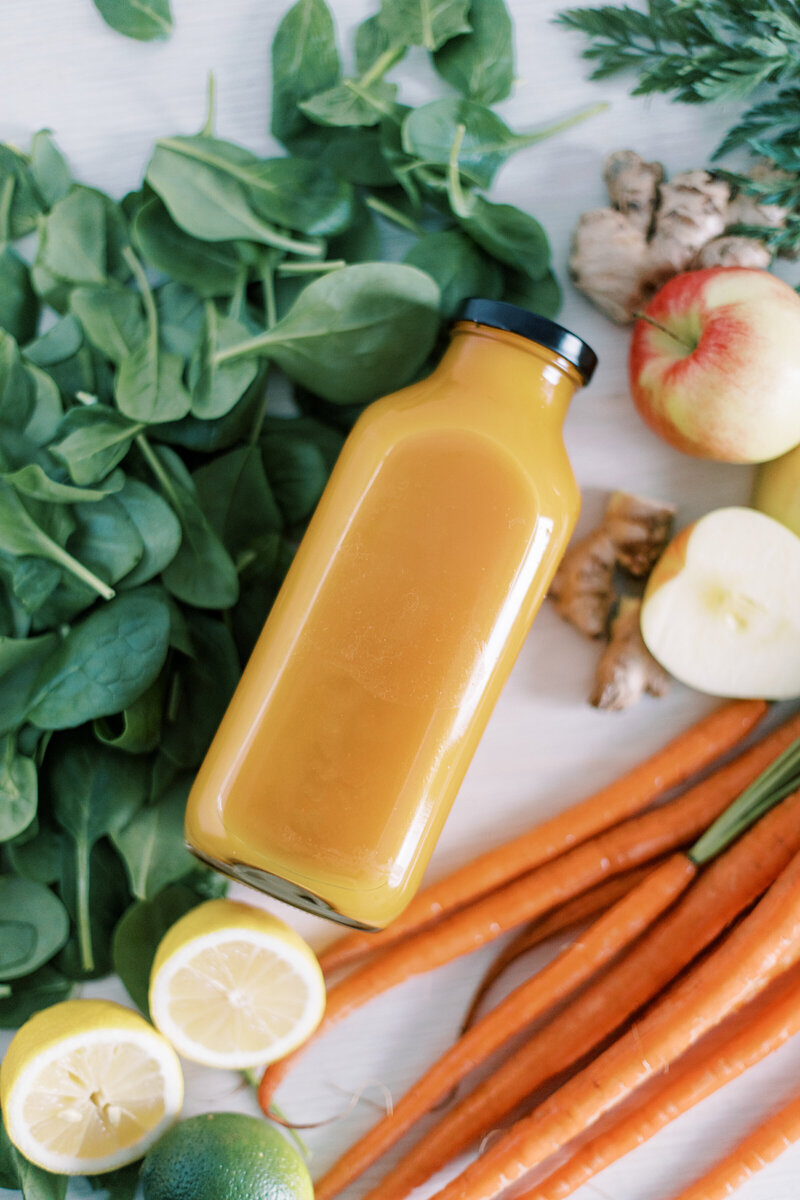

Even one of my favorite functional medicine doctors is on the no-carb bandwagon. In his recent book he suggests limiting your beans to ½ cup per day because the recommended 1 cup is just too much starch. Really? But what if I spread out that 1 cup of beans and have ¼ cup with breakfast, lunch, and dinner? Oh wait, he also thinks beans are an anti-nutrient. Ugh. Beans are not the problem, folks. They may make you gassy, but they aren’t the cause of your health problems.
When it comes to carbs, everyone has an opinion. Even me. So here’s what I want you to know.
What are carbs?
Carbohydrates are a macronutrient found in lots of foods. Macronutrients make up the majority of our foods – the other two macronutrients are protein and fat. There’s a ton of debate about how much you should eat per day from each macronutrient (hello counting macros!) but it really depends on your lifestyle, as each macronutrient functions differently in your body.
Carbs are a source of energy. When you eat carbohydrates, your body breaks them down to glucose, a simple sugar that your blood transports to your cells to use as fuel. Glucose fuels your brain and muscles, giving you the energy you need to sleep, go for a run, do yoga, think, and pretty much everything in between.
Will carbs make me gain weight?
Simply put, no. While it’s tempting to blame any and all health issues on one single factor (whether it’s dairy, gluten, meat, sugar, fat, carbs, etc.), any one part of your diet that is consumed in moderation is not solely responsible for your health or your weight. Yes, even sugar. Remember Mark Haub? The Kansas State nutrition professor who famously lost weight (and improved his blood lipids) by eating junk food, just less of it.
Some research suggests there’s too much focus on macronutrients altogether when it comes to weight loss. This study found that reducing caloric intake led to similar weight loss results regardless of whether a low-fat, high-fat, low-protein, high-protein, low-carb, or high-carb diet was followed. If carbs were the sole cause of weight gain, wouldn’t the studies to show it?
Not to imply that weight loss (or weight in general) is the only marker for good health, but it’s the factor that most people focus on.
We’ve been quick to blame carbs for all of our health issues in the same way fat was blamed back in the 80’s, but all carbs are not to blame for the work of some types of carbs. And overeating any macronutrient is going to have ill effects, even the healthy ones.
And yes, it’s easy to blame the chips, cookies, and cake for weight gain because those items do contain unhealthy carbs. But labeling ALL carbs as unhealthy just isn’t accurate (or sustainable for the long term).
Are there good & bad carbs?
So if there are different types of carbs, and not all of them are “bad,” which ones are “good?” Great question! Let’s go over the three types of carbs: sugar, starch, and fiber.
Sugar is the most simple and easily digestible (i.e. broken-down) form of carbohydrate. Sugars are found naturally in many foods including fruits, vegetables, milk and milk products. Sugar can also be isolated from a source (like sugar cane) and added to foods like soft drinks, baked goods, chocolates, and more.
Starches are made of several sugars linked together. When you eat foods with starch, digestive enzymes in your gut break the bonds that link those sugar molecules together to create the glucose your body can use as fuel.
Fiber is a type of carbohydrate your body cannot digest. Even though it’s not broken down into glucose, fiber plays an important role in keeping your digestive tract healthy. It helps regulate your bowel movements, slow down the speed at which other carbohydrates are digested, and helps improve blood cholesterol levels.
All plant foods contain carbohydrates, but no whole plant food contains just one type of carbohydrate. You’ve probably heard that limiting sugar is healthy – and it is. Eating sugar raises blood sugar and insulin levels quickly, which can lead to health issues over time. But that doesn’t mean any food that contains sugar is inherently “bad.”
Fruit, for example, contains sugar. But that sugar comes packaged alongside vitamins, minerals, antioxidants and fiber, which slows down absorption. Cutting out fruit for the sake of cutting out carbs means you miss out on all the other healthy, essential dietary components that fruit provides. Research shows that increased fruit consumption is associated with a lower risk of becoming overweight or obese, and that higher fruit and vegetable intake is associated with weight loss. Not to mention all the health benefits derived from the antioxidants.
Whole grains are another example. And this one really brings on an impassioned debate. But let’s stick with what we know. A whole grain has three parts: germ, endosperm, and bran. The endosperm is mostly starch, while the germ and bran contain fiber, vitamins, minerals, and protein. When these whole grains are turned into flour (vs eaten in their whole grain form) then yes, they are of little use to us in terms of being nutrient-rich. They lack fiber and are digested very quickly, raising blood sugar. Is this a problem for everyone? No. Other factors influence how well we use carbs for energy. Your activity level, how much you eat, hormonal factors and genetics all play a role, too.
If you have an intolerance, allergy or just have a hard time digesting grains for some other reason, then avoiding grains may be a smart choice. But avoiding them simply because they’re carbs won’t benefit your health. In fact, it’s just the opposite. Studies show that whole grain consumption is associated with lower risk of cardiovascular disease and overall mortality.
Beans are also full of carbs…and protein and fiber and tons of other nutrients. To avoid beans simply because they contain some starch just makes no sense. In fact, according to research done on the Blue Zones (places where people live the longest) the healthiest people on the planet eat beans regularly. Beans literally have more nutrients per gram than any other food on earth. If you don’t digest beans well or you have an autoimmune disease, then you should speak to a Registered Dietitian to learn how you can incorporate beans into your diet in a way that works for you. But for everyone else, please don’t throw your beans out with the bathwater.
Processing fruit, whole grains, and any other carbohydrate-containing foods to remove fiber, vitamins, minerals, and other nutrients is what makes these foods unhealthy. But plant foods in their natural state are not unhealthy just because they’re carbs.
What carbs are best to eat?
Focusing on unrefined carbohydrates that contain plenty of fiber is the best way to go where carbs are concerned. Equally important is understanding how certain carbs affect your unique body chemistry. Figuring this out takes a little bit of effort, but it’s worth it.
Here’s what I recommend:
- Beans & Legumes (beans are high in both protein and fiber to keep you full, plus they’re loaded with vitamins and minerals. They are not “indigestible.” They are not toxic. Beans are a key component of all of the healthiest diets in the world)
- Vegetables (for goodness sake, do not follow any advice that tells you to limit your vegetable intake because vegetables contain carbs. For decades, research has told us that vegetables are key to a healthy diet.)
- Fruit (as stated above, fruits contain natural sugars alongside fiber, vitamins, minerals, and antioxidant compounds. People worldwide have been eating fruit for thousands of years, and there is absolutely no need to cut fruit out of your diet.)
- Whole grains (not flours), as tolerated (brown rice, oats, quinoa, farro, barley, and 100% whole wheat contain fiber, protein, and beneficial vitamins and minerals because they are whole and have not been processed to remove these important components)
Is it healthy to go on a ketogenic diet?
I’m assuming you’ve heard of the ketogenic diet by now. Everyone has a cousin, coworker, or friend-of-a-friend whose body is in ketosis, and they’re super proud of it.
If you’re less familiar, here’s the basis: The ketogenic diet mimics the metabolic state of fasting. It prescribes 70% or more of your calories coming from fat, with just 5-10% of your calories coming from carbs. That low of a carbohydrate target means cutting out grains, most dairy, beans and legumes, and most fruits and vegetables. As discussed before, your body uses carbohydrates as fuel…that is, unless you aren’t giving it any. When your body runs through its stores of carbs and doesn’t get any more via food, it goes into ketosis. Ketosis is the process by which your body breaks down fat to create ketone bodies, which your body can convert to glucose to use as fuel.
The ketogenic diet has been used effectively to help control seizures in some people with epilepsy and a recent study concluded the diet increased lifespan and preserved memory and motor function in mice.
But let’s be clear: the ketogenic diet is a DIET and diets are not fun. They are restrictive, not easy to stick to, and create an unhealthy relationship with food. They eliminate self-regulation and choice. And if you’re a vegetarian, forget about it. There’s also no wiggle room for any of life’s food pleasures, that includes zero tolerance for sweets or alcohol. If you enjoy a variety of food cuisines, like some crackers with your cheese, like eating out, and appreciate a nice glass of Malbec with your girlfriends, this diet, or any diet, is not for you.
[Tweet “The lowdown on carbs — the good, the bad, and the ridiculous. “]The final word
All carbs are not bad. Carbs do not make you fat. Dieting sucks. Whole grains, fruits, vegetables, and beans can absolutely be part of a healthy diet and should not be excluded solely because they contain carbohydrates.
When trying to figure out the best way to eat, my advice is to do some trial and error before blaming carbs for all your troubles. Learn how to connect to foods that feel good in your body, foods that give you energy and help you focus, foods that don’t cause bloat or pain. I know it can be challenging to figure this out by yourself, but I can help. Learn more here.





